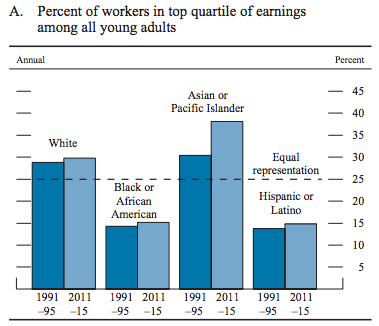Russian President Vladimir Putin announced Sunday that the US diplomatic
mission in Russia must reduce its staff by 755 employees, which
observers see as retaliation to new US sanctions. The US Congress passed
a bill that toughens sanctions on Russia.
The anti-Russia sentiment prevails in the US. The wish of US President Donald Trump to improve ties with Russia meets strong resistance. Most Americans and pro-establishment forces believe Russia interfered in the US presidential elections last year. Although the US had interfered in other countries' elections, when it comes to Moscow, things are different.
The Russiagate scandal has put Trump and his team in a bind, which shows the deep-rooted hostility of the US against Russia. Although Putin and Trump hope for an ameliorated bilateral relationship, it is highly unlikely to become a reality.
The EU strongly opposes the bill that US congressmen passed because the bill includes sanctions that could wreak havoc on European energy companies. It is believed that by sanctioning Russia, the US will block Russia's natural gas supply to Europe and pave the way for US shale gas exports to the EU.
What is also worth noting is that much of US diplomacy is in the hands of the president and his administration. But Congress has become so powerful that the president has no choice but to follow Congress on US policy toward Russia, which is rare.
This shows the complexities of crafting US foreign policy. In the US' checks and balances system, various forces reinforce or contradict each other. It's impossible to fix ties with the US by dealing with one force.
Dealing with the US requires guts. Under the current system, the US only respects strength. The US does not like China either, while China has leverage on the US, which is the huge bilateral trade the US has been enjoying. Washington has to weigh the consequences if it chooses to turn hostile toward Beijing as China is the biggest trading partner of the US.
The US imposes insatiable requests on other countries. Russia has lost many republics from the former Soviet Union and Eastern Europe. It has adopted a multi-party system. But it is still viewed as an "authoritarian" country. No matter how much it bows to the US, the US will not embrace it.
As for Sino-US relations, as long as the two countries do not engage in a war and stick to trade, bilateral ties are in good shape, regardless of how US media and lawmakers hit out at China.
Read more: Anti-Russia mood in US hard to eradicate - Global Times
The anti-Russia sentiment prevails in the US. The wish of US President Donald Trump to improve ties with Russia meets strong resistance. Most Americans and pro-establishment forces believe Russia interfered in the US presidential elections last year. Although the US had interfered in other countries' elections, when it comes to Moscow, things are different.
The Russiagate scandal has put Trump and his team in a bind, which shows the deep-rooted hostility of the US against Russia. Although Putin and Trump hope for an ameliorated bilateral relationship, it is highly unlikely to become a reality.
The EU strongly opposes the bill that US congressmen passed because the bill includes sanctions that could wreak havoc on European energy companies. It is believed that by sanctioning Russia, the US will block Russia's natural gas supply to Europe and pave the way for US shale gas exports to the EU.
What is also worth noting is that much of US diplomacy is in the hands of the president and his administration. But Congress has become so powerful that the president has no choice but to follow Congress on US policy toward Russia, which is rare.
This shows the complexities of crafting US foreign policy. In the US' checks and balances system, various forces reinforce or contradict each other. It's impossible to fix ties with the US by dealing with one force.
Dealing with the US requires guts. Under the current system, the US only respects strength. The US does not like China either, while China has leverage on the US, which is the huge bilateral trade the US has been enjoying. Washington has to weigh the consequences if it chooses to turn hostile toward Beijing as China is the biggest trading partner of the US.
The US imposes insatiable requests on other countries. Russia has lost many republics from the former Soviet Union and Eastern Europe. It has adopted a multi-party system. But it is still viewed as an "authoritarian" country. No matter how much it bows to the US, the US will not embrace it.
As for Sino-US relations, as long as the two countries do not engage in a war and stick to trade, bilateral ties are in good shape, regardless of how US media and lawmakers hit out at China.
Read more: Anti-Russia mood in US hard to eradicate - Global Times






